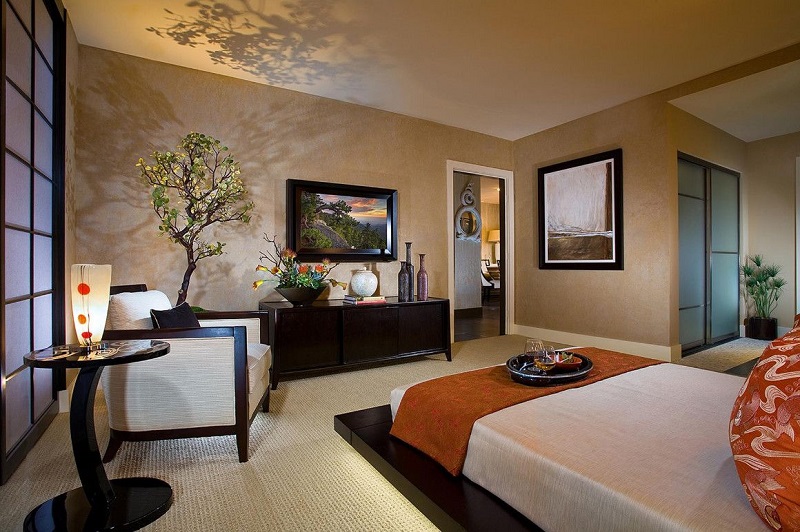
26 Jul Myths Every Potential House Owner Must Know
So you think you’re finally ready to make the jump from renter to homeowner? Awesome! In this exciting but admittedly scary time, you might be inclined to turn to friends and family for advice—especially if they own homes. But beware, dear homebuyer of the future: Those close to you might not be the experts you think they are. You could be heeding bad (albeit well-intentioned) advice without even knowing it.
So, Australia online casinos are here to bust the most common misconceptions about home buying so you can do this thing the right way.
- It’s cheaper to rent than own.
This one is tricky, because it’s all about where you live. In some cities, especially on the West Coast, home prices are so high that renting may be cheaper. But in other cities — and many smaller towns — your mortgage, taxes, and insurance might actually be less than what you’d pay in rent. Plus, if you have a mortgage, the money you spend every month goes toward something you’re working to own, which is always nice.
- Now is a bad time to buy.
It’s no secret that we’re in the midst of a housing price boom and inventory is scarce, but that doesn’t mean you should hold off. Mortgage rates are still at historic lows — 2.81% for February 2021, according to FreddieMac. To put it in perspective, the average interest rate on a 30-year-fixed mortgage was 4.54% in 2018, 3.94% in 2019, and 3.11% in 2020.
- You need to make a 20% down payment
Saving up to make a down payment can be one of the biggest hurdles that first-time buyers face, but you might not have to save as much as you think. You’ve probably heard people throw around 20% as the ideal or expected down payment you should make on a home — but it’s in no way required. However, you can expect over 50% bonus at top nz online casino when you register.
- If you want to buy a house, your credit score needs to be excellent
Just because your credit isn’t exactly spotless doesn’t mean you can’t be a homeowner. Lenders look at several factors — like your income, property type, assets, and debt levels — in addition to your credit score when deciding if you qualify for a mortgage.
- All lenders will give you the same deal
It pays to shop around. I repeat: It pays to shop around. That’s because signing up for a mortgage with a slightly higher interest rate can end up costing you thousands of dollars more than what you would be paying otherwise.
- You have to have a real estate agent.
You don’t have to have a real estate agent. A real estate agent knows what homes in your area have been going for and what’s available. Their job is to help you navigate the buying process and, in many cases, do the leg work on your behalf. In return, they typically take a 5 to 6% commission; so, for a $200,000 home, a 6% commission would amount to $12,000.
- You should find a house you want, then apply for a loan
Looking at homes can be fun (and addicting) but if you’re serious about buying, it’s a good idea to get preapproved for a mortgage before you allow yourself to go down the Zillow rabbit hole. Getting preapproved for a mortgage is the most important thing a buyer should do.
- If you’re preapproved for a mortgage, you can automatically get a loan
So let’s say you just got preapproved and you’re feeling excited. However, preapproval doesn’t mean you’re guaranteed a mortgage from the lender. While a little counterintuitive, you need to go through the full lending process for it to be final. Also, if your financial, employment, and/or income status change during the time between prequalification and underwriting, your loan could be denied.
- You should buy a home for the maximum mortgage you qualify for
It’s really not about how big of a loan you can get but what you can afford to pay each month, keeping in mind that unexpected home expenses are going to be a reality.
You don’t want to max yourself out with your mortgage; because as a homeowner, you’ll find you never know what issue (and unforeseen cost) can arise and you’ll want to be prepared for that. - You should always go with a 30-year fixed mortgage
There are actually several different mortgage types and five major ones. Who knew?
Buyers go with a 30-year fixed mortgage because of the stability it offers (you’ll pay the same amount every month for the life of your loan).

No Comments